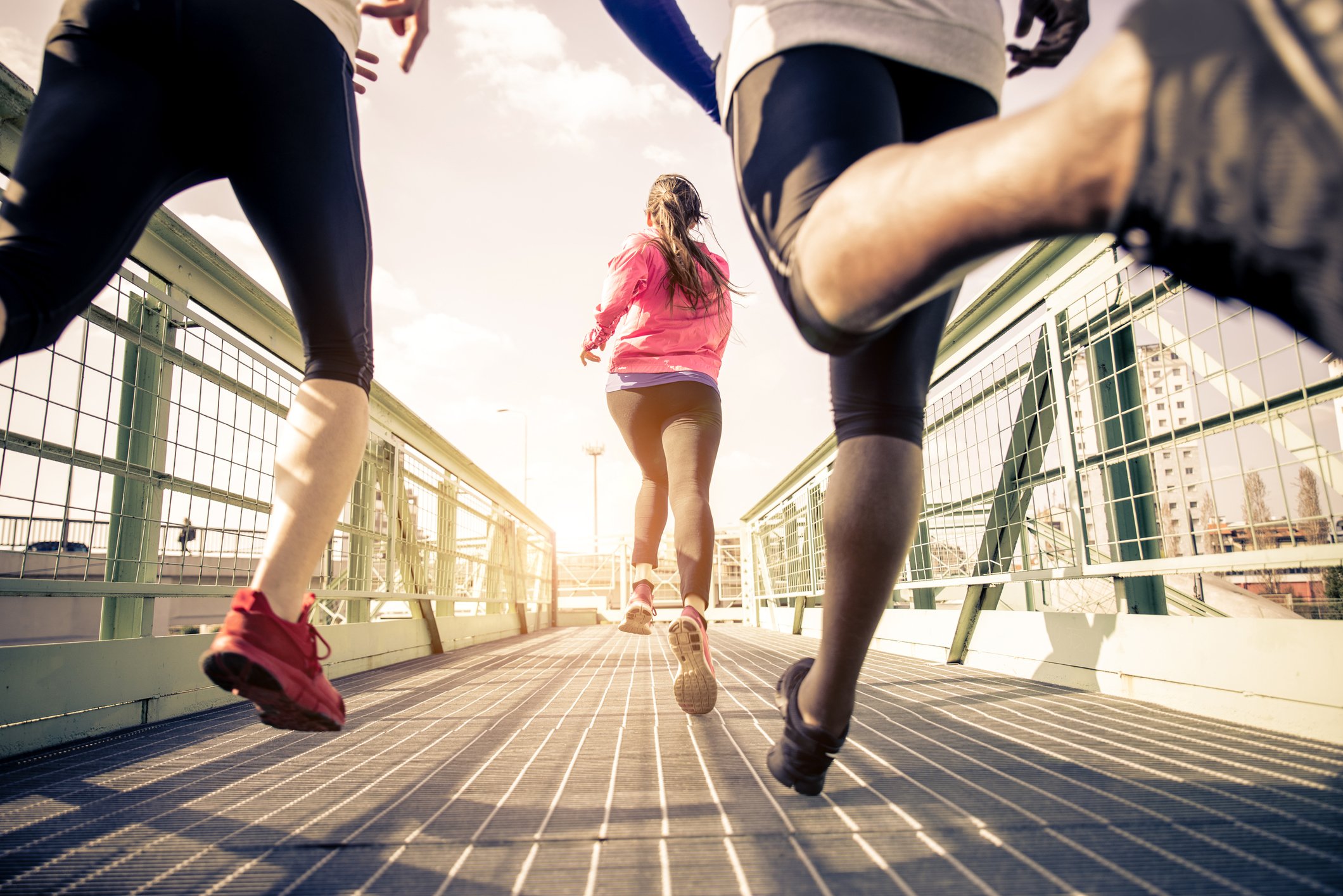Adidas (ADDYY +0.23%) recently announced an "iconic partnership" with Beyonce to develop a new line of signature footwear and apparel. Adidas will also help relaunch Ivy Park, the activewear brand Beyonce co-founded three years ago.
In the press release, Beyonce calls the deal a "partnership of a lifetime" and says that Adidas has "had tremendous success in pushing creative boundaries." Adidas board member Eric Liedtke calls Beyonce an "iconic creator" and a "proven business leader," and claims that the partnership could "inspire change and empower the next generation of creators."

Image source: Adidas.
This marks the first time Beyonce has backed a footwear brand, and complements Adidas' strategy of enlisting popular celebrities like Kanye West and Kylie Jenner to design and promote their own brands.
NPD analyst Matt Powell estimates that Adidas' Yeezy sales surged six times year over year in the fourth quarter of 2018, and Jenner's promotion of Adidas' Falcon sneakers likely drew plenty of interest from her 131 million Instagram followers. Beyonce nearly matches Jenner's Instagram reach with 126 million followers.
This deal is certainly good news for Adidas. The company has revived its brand with a five-year (2015-2020) turnaround plan that focuses on supply chain improvements, aggressive expansions into urban markets, and the expansion of its e-commerce ecosystem. But it could be dire news for its rival Under Armour (UA +1.61%) (UAA +1.32%), which has struggled to keep pace with Adidas in the North American market.
Why Adidas is a thorn in Under Armour's side
North America accounted for 21% of Adidas' sales in 2018. Sales in the region rose 10% (15% in constant currency terms) to 4.7 billion euros ($5.3 billion) during the year. Of that total, 91% came from Adidas-branded products, while the rest came from its weaker Reebok brand.
In 2018, 71% of Under Armour's sales came from North America, but its revenue in the region fell 2% to $3.7 billion for the full year. Here's how Under Armour's North American growth compared with Adidas' growth over the past four quarters:
|
North America Revenue (YOY Growth) |
Q1 2018 |
Q2 2018 |
Q3 2018 |
Q4 2018 |
|---|---|---|---|---|
|
Adidas* |
21% |
16% |
17% |
10% |
|
Under Armour |
0% |
2% |
(2%) |
(6%) |
Data source: Company quarterly reports. YOY = Year-over-year. *Constant currency basis.
Adidas' growth is decelerating, but it probably isn't losing ground to UA, which faces negative sales growth in its biggest market. Meanwhile, Adidas still seems to be growing at UA's expense.

Image source: Adidas.
American teens prefer Adidas over Under Armour
In Piper Jaffray's semiannual "Taking Stock With Teens" survey last fall, U.S. teens ranked Nike (NKE +4.46%), VF's Vans, and Adidas as their three favorite footwear brands, in that order. Under Armour failed to crack the top five.
Under Armour's reputation was tarnished by a series of poor design decisions, CEO Kevin Plank's controversial praise of President Trump (which sparked a backlash from the company's celebrity endorsers), and insults from Nike pitchman Kevin Durant over the past two years. The bankruptcy of Sports Authority exacerbated that pain.
Plank's attempt to turn Under Armour into a tech company that produced wearables and mobile apps also scattered the company's focus as Adidas captured athletes' attention with its foam-soled UltraBoost shoes. UA made all those mistakes as Adidas got its act together and launched celebrity-designed shoes, bold marketing campaigns, and new brick-and-mortar stores in urban areas.
Adidas' new deal with Beyonce is another step in that long-term strategy, and it could hurt Under Armour. During last quarter's conference call, UA Chief Operating Officer Patrik Frisk highlighted its new women's products, like its Breathe Lace sneakers, as potential growth catalysts.
CFO David Bergman also declared that he was "proud" of the progress of UA's women's business, and that it didn't encounter "any real surprises" yet. Unfortunately, Beyonce's decision to design and promote new Adidas products and bring her Ivy Park products to its stores should be a "real surprise" to Under Armour.
Another reason to avoid Under Armour
Under Armour's declining sales, inconsistent profits, and questionable management moves already make it a much-weaker footwear play than Adidas or Nike. Adidas' deal with Beyonce merely reinforces my belief that UA will keep struggling in its most important market.









